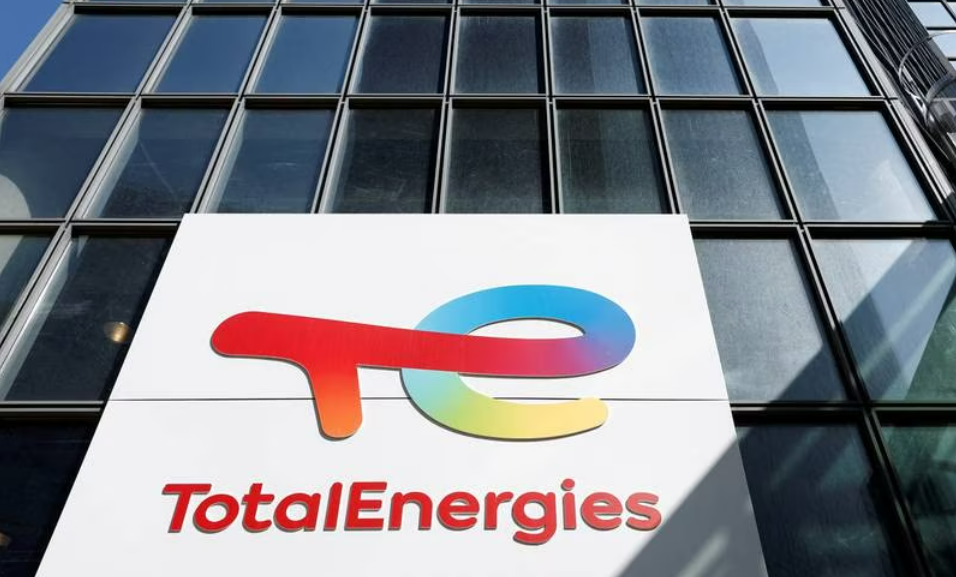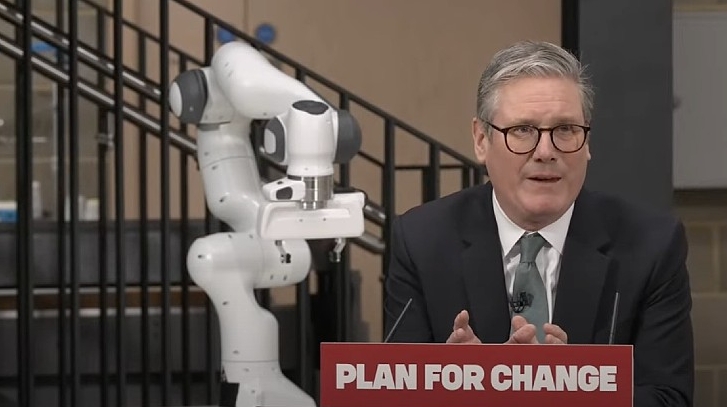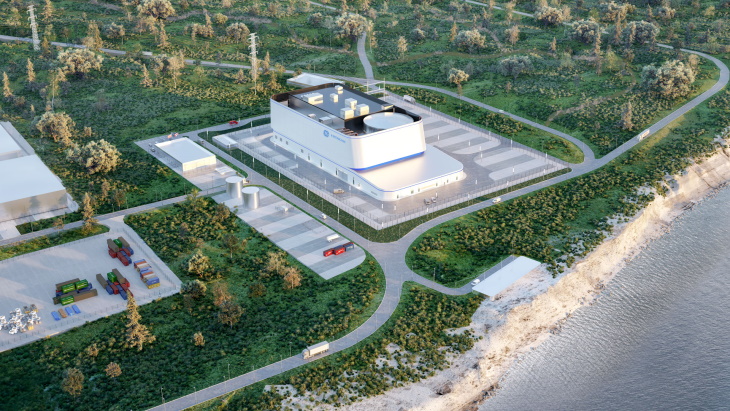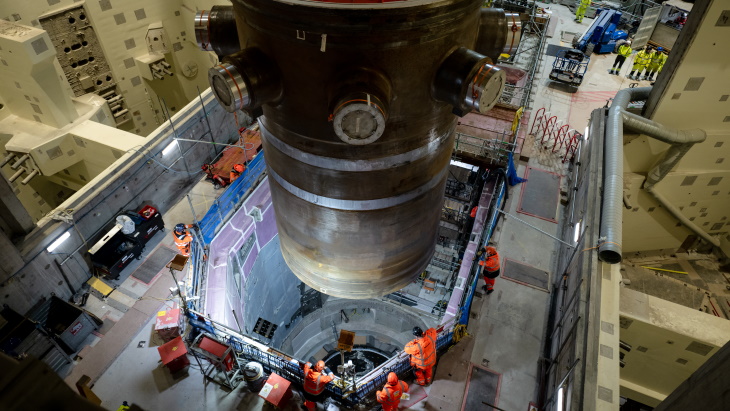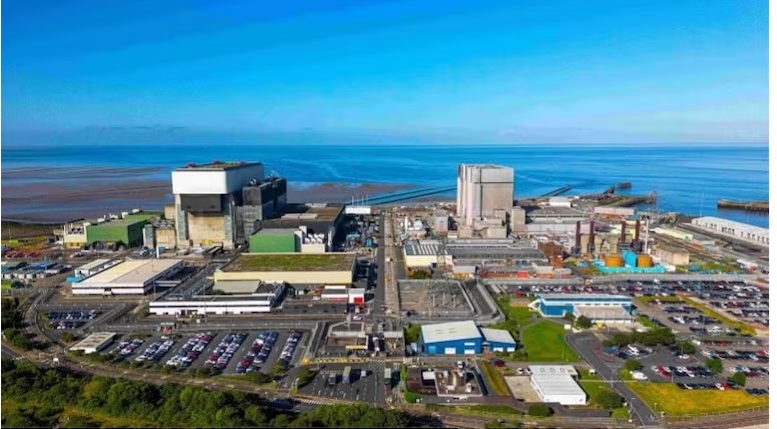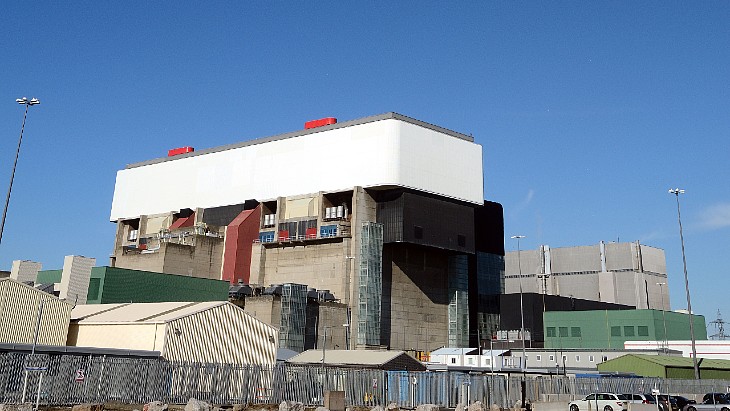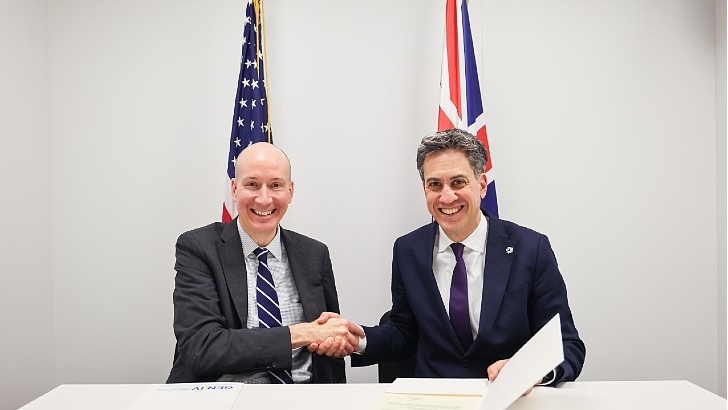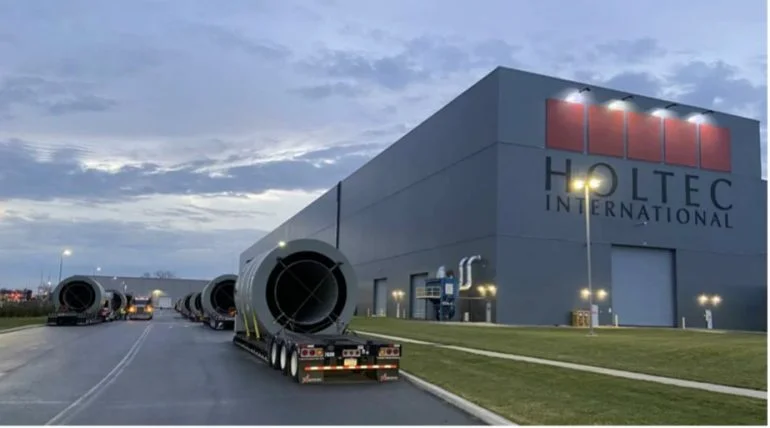The latest project comes as investment in clean energy continues to climb amid green transition strategies
A TotalEnergies sign in Paris. The company is part of a consortium that will build the 1,500-megawatt Mphanda Nkuwa dam on the Zambezi river. Reuters
Mozambique selected a consortium including TotalEnergies and Electricite de France in a $4.5 billion hydroelectric project in the south-east African nation as investment in clean energy continues to climb.
The 1,500-megawatt Mphanda Nkuwa dam and an associated transmission line is aimed at easing the power crisis in the region, Bloomberg reported on Friday, citing a government statement.
Japan's Sumitomo is also part of the consortium.
Mphanda Nkuwa is located on the Zambezi river, about 60km downstream of the existing Cahora Bassa hydroelectric dam that has the capacity to generate 2,075MW of power, more than half of which is sold to South Africa.
Other consortiums that bid for the project include ETC Holdings, Zesco of Zambia, Cecot, a Mota-Engil subsidiary and Petro, a unit of South Africa’s Central Energy Fund.
The government expects a financial close on the project in 2024 and completion by 2030, with the partners, needing to invest between $500 million and $700 million.
Investment in clean energy is set to hit $1.7 trillion this year, outpacing spending on fossil fuels, as countries look to address potential energy shortages, the International Energy Agency has said.
Global energy investment is expected to grow to $2.8 trillion in 2023, with more than 60 per cent allocated to clean technology, including renewables, electric vehicles, nuclear power and heat pumps, the Paris-based agency said in its World Energy Investment report on Thursday.
“Clean energy is moving fast – faster than many people realise. This is clear in the investment trends, where clean technologies are pulling away from fossil fuels,” said Fatih Birol, the agency's executive director.
“For every dollar invested in fossil fuels, about $1.70 is now going into clean energy. Five years ago, this ratio was one to one.”
Global investment in energy transition technology must quadruple to $35 trillion by 2030 to stay in line with commitments made under the Paris climate agreement, according to the International Renewable Energy Agency.
Investments in renewable energy technology reached a record $1.3 trillion last year but that figure must rise to about $5 trillion annually to meet the key Paris accord target of limiting temperature increases to 1.5°C above pre-industrial levels, the Abu Dhabi-based agency said in its World Energy Transitions Outlook 2023 preview in March.
Dr Sultan Al Jaber, Minister of Industry and Advanced Technology and Cop28 President-designate, on Tuesday called for a major boost to public and private finance to help Africa to battle climate change.
Africa has “huge potential for low-carbon growth and sustainable development”, Dr Al Jaber said at the African Development Bank 2023 Annual Meetings in Sharm El Sheikh, Egypt.
